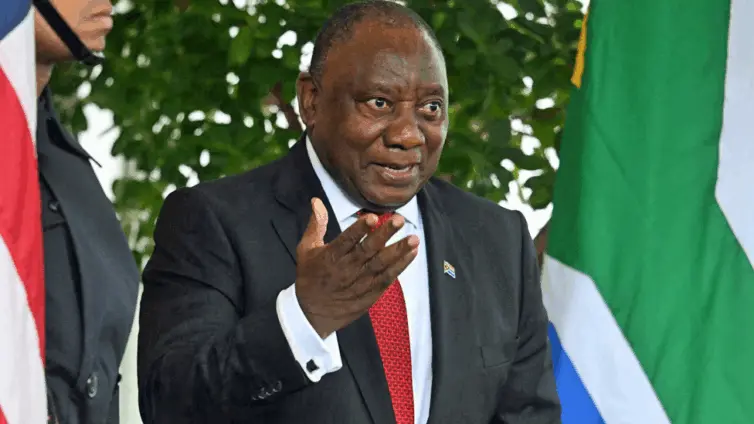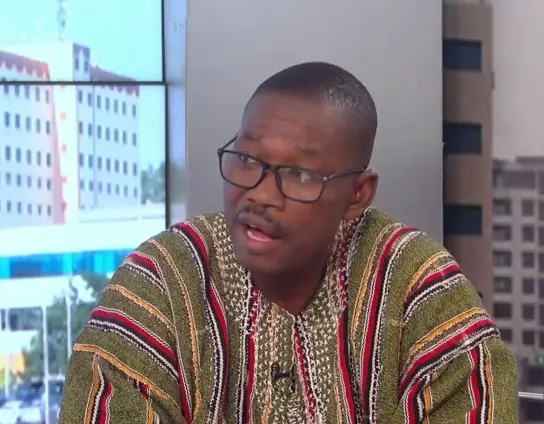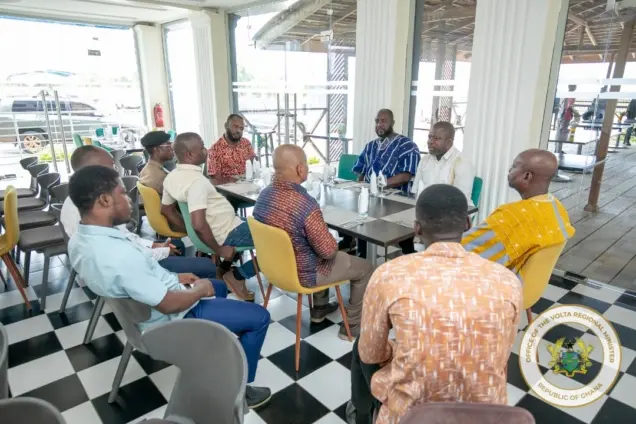In the Oval Office, a seemingly routine meeting between former U.S. President Donald Trump and South African President Cyril Ramaphosa took an unexpected turn, igniting a global debate that touched upon the raw nerves of South Africa’s past and present. The focal point? Allegations of "white genocide" and the contentious issue of farm murders. Trump’s raising of these concerns, particularly the dissemination of videos related to the anti-apartheid song "Shoot the Boer," reverberated across the South African political landscape, drawing both praise and condemnation.
The encounter, while brief, underscored the deeply sensitive and often misrepresented narratives surrounding race relations and land ownership in South Africa, prompting a re-examination of the country’s efforts to reconcile its past and build a unified future. At the heart of the matter lies the complex interplay of historical grievances, contemporary challenges, and the ever-present shadow of apartheid. The issue also highlighted the role of international perceptions and the influence of right-wing narratives in shaping global opinions on South Africa’s internal affairs, particularly concerning the safety and security of its white farming community, and the allegations of a so-called "white genocide".
Trump’s actions were met with enthusiasm by some Afrikaner right-wing groups. The Solidarity Movement, along with figures like Ernst Roets, expressed their approval. Roets posted on X, formerly known as Twitter, praising Trump’s attention to the issue.
However, not all reactions were positive. Afrikaner political columnist Pieter du Toit criticized what he saw as the "exaggeration, hyperbole and misinformation" being fed into the American right-wing ecosystem. The episode underscores how easily complex domestic issues can be distorted and weaponized in the global arena.
Ramaphosa navigated the situation with a measured response, a display of statesmanship intended to project stability. He emphasized the commitment of his Government of National Unity to addressing the challenges facing all South Africans, regardless of race. Unemployment remains a critical issue, with a rate of 32% impacting communities across the country. Ramaphosa stressed that South Africa is a nation striving for inclusivity and economic progress for all its citizens, a message aimed at countering the divisive rhetoric surrounding the "white genocide" narrative.
John Steenhuisen, leader of the Democratic Alliance, weighed in, emphasizing the need to address South Africa’s safety problem and his dedication to preventing the Economic Freedom Fighters (EFF) from gaining further power. Steenhuisen highlighted the urgent need for adequate policing resources to combat crime effectively. "We need more police on the streets, visible and responsive, to protect all our communities," he stated, advocating for a more robust law enforcement approach to address the country’s safety concerns.
The "Shoot the Boer" song, central to much of the controversy, carries a complex history. Julius Malema and the EFF have used the song at political rallies, claiming it as a symbol of resistance against apartheid. Originally an anti-apartheid anthem, attempts to ban the song have been unsuccessful. South Africa’s Supreme Court of Appeal has ruled that the song is not meant to be understood literally as a call to violence.
The concerns of some Afrikaners who feel they can no longer live safely in South Africa have been amplified by figures like Trump, who even offered refugee status and the potential resettlement of Afrikaners in the US. Some right-wing groups in South Africa have adopted Trump’s slogan, "Make South Africa Great Again," reflecting a sense of shared ideology and purpose.
Land Reform Minister Mzwanele Nyhontso denied the existence of a "white genocide," while acknowledging the reality of crime in South Africa. In a statement to the BBC, Nyhontso emphasized that crime affects all communities. Ernie Els highlighted his patriotism, while Johann Rupert pointed out the high murder rate in Cape Town townships, underscoring the broader issue of violence affecting all segments of South African society. Zingiswa Losi of the trade union emphasized that crime disproportionately affects the black majority in rural areas and stressed the need for trade and employment opportunities to address the root causes of inequality.
The exchange between Trump and Ramaphosa has cast a spotlight on the multifaceted challenges confronting South Africa, encompassing issues of crime, land reform, and racial tensions. While Trump’s focus on farm murders and the "white genocide" narrative has drawn criticism, it has also brought international attention to the nation’s ongoing struggles. The way forward lies in fostering unity, tackling the underlying causes of crime and inequality, and cultivating a shared vision for the future, reminiscent of Nelson Mandela’s ideals. The controversy surrounding Trump’s remarks highlights the necessity for careful diplomacy and a nuanced understanding of South Africa’s intricate socio-political dynamics.
Image Source: MYJOYONLINE






















